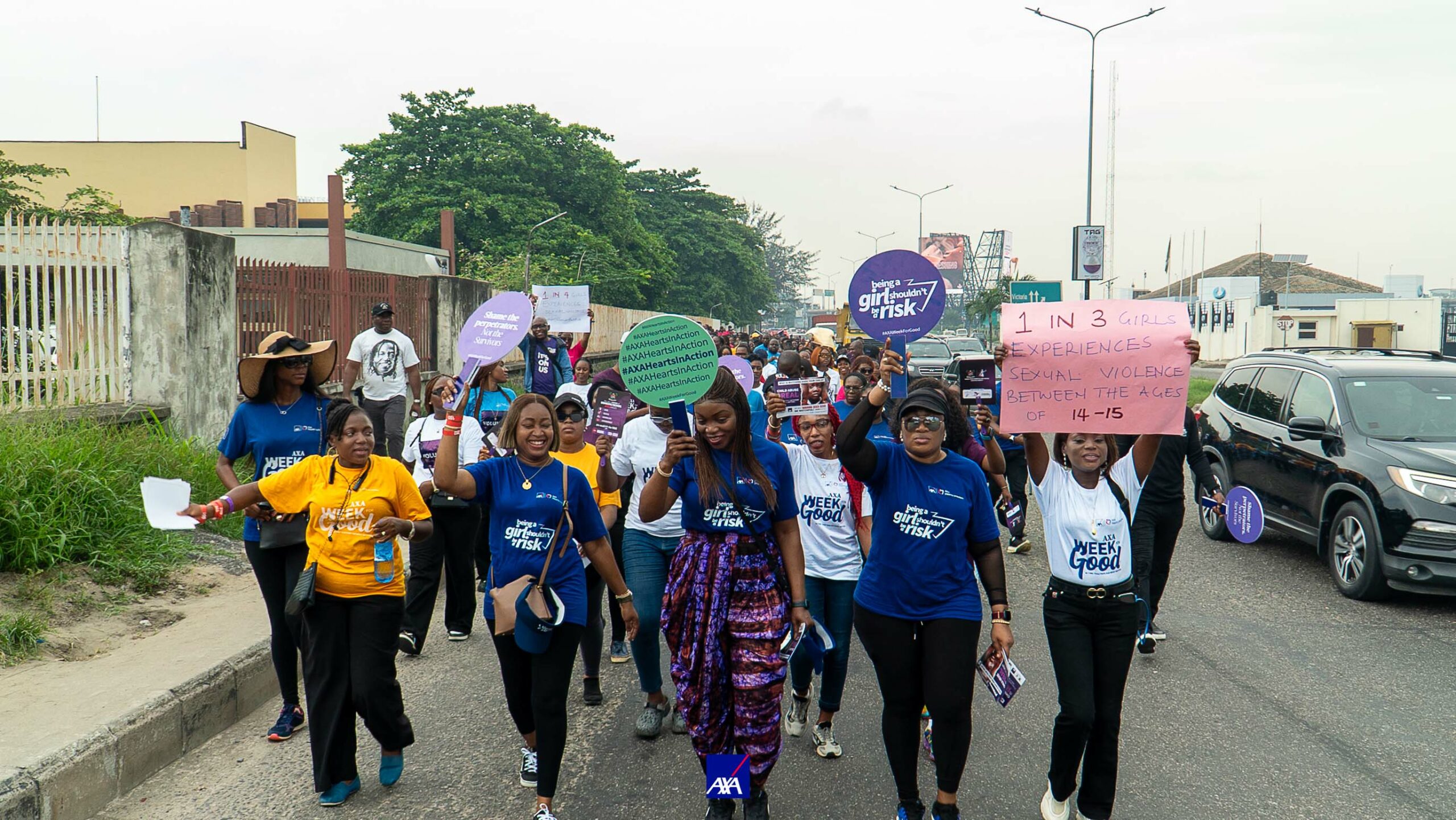You have probably heard of chicken pox and even small pox. However, have you heard of Monkey pox? An outbreak of Monkey Pox was detected in Democratic republic of Congo in 2023 and has since spread to several African countries including Nigeria. The World Health Organization has declared the ongoing outbreak a global health emergency. Here’s information you need to protect yourself and those around you
What is Monkeypox?
Monkeypox is a viral disease caused by the monkeypox virus, which belongs to the same family of viruses as smallpox. It was first identified in monkeys in 1958 and has since been known to infect humans. Though generally less severe than smallpox, monkeypox can still lead to significant illness.
What are the Symptoms of Monkeypox?
The symptoms include:
- Fever
- Rash
- Headache
- Muscle aches
- Backache
- Swollen lymph nodes
- Chills
- Exhaustion
The rash goes through several stages: flat, raised, and then filled with pus before forming a scab.
How is Monkeypox Spread?
Monkeypox can spread in several ways:
- Direct Contact: Through close contact with the skin lesions or bodily fluids of an infected person.
- Respiratory Droplets: By inhaling respiratory droplets during prolonged face-to-face contact.
- Contaminated Items: Through contact with contaminated materials, such as bedding or clothing.
- Animal to Human: Although less common, monkeypox can also spread from infected animals to humans.
Prevention and Protection
To reduce the risk of monkeypox, consider the following preventive measures:
- Avoid Contact: Avoid close contact with individuals who have symptoms or a known infection.
- Hygiene: Practice good hand hygiene by washing your hands frequently with soap and water or using hand sanitizer.
- Protective Measures: Use personal protective equipment (PPE) if you are caring for someone with monkeypox or handling animals that may be infected.
- Vaccination: Vaccination with the smallpox vaccine can provide some protection against monkeypox. Consult with healthcare professionals to see if this is appropriate for you.
What to Do if You Think You Have Monkeypox
If you develop symptoms of monkeypox, including a rash and fever, seek medical advice promptly. Your healthcare provider will be able to evaluate your symptoms and provide guidance on testing and isolation if necessary.
Staying Informed
Keeping informed about monkeypox and following public health recommendations can help control its spread. Please encourage your family, friends and colleagues to practice safety precautions as well.
Please continue to stay safe and healthy!



